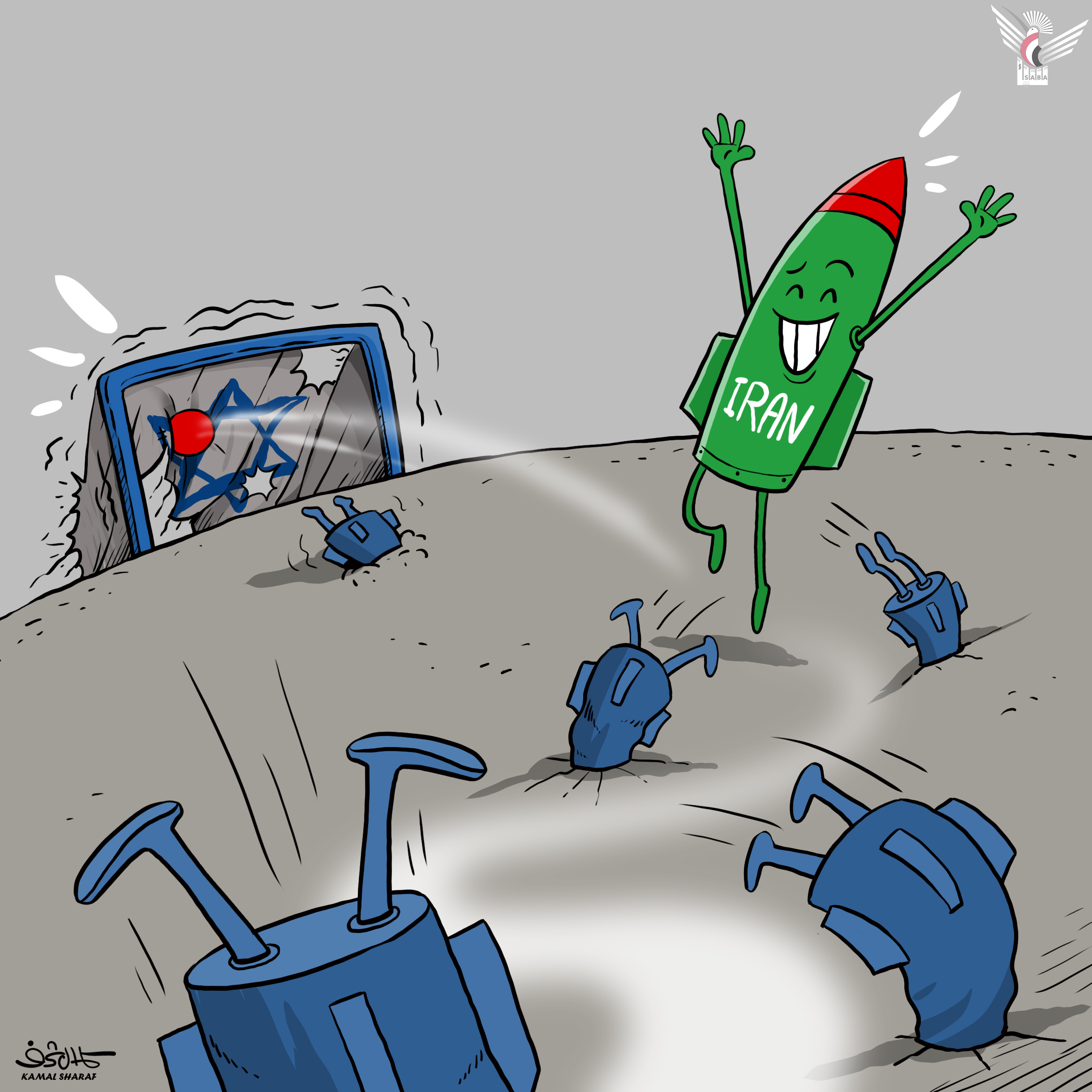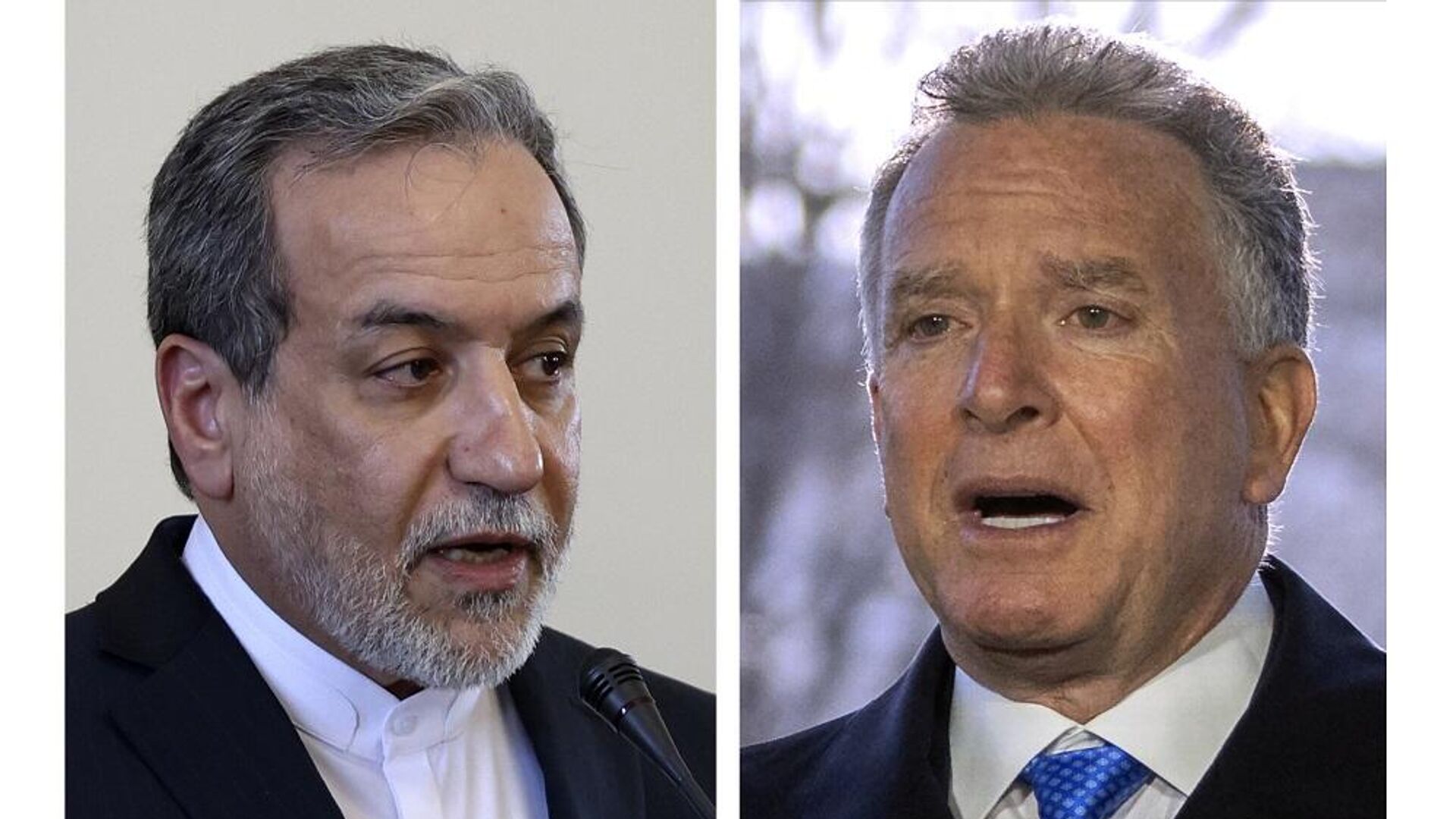Washington - Saba:
US Special Presidential Envoy Steve Witkoff revealed on Tuesday that the United States wants to hold a fourth round of negotiations with Iran regarding its nuclear program this week.
Barak Ravid, a correspondent for the American website Axios, quoted Witkoff as saying: "The United States is trying to schedule a fourth round of nuclear negotiations with Iran this week."
According to Ravid, Witkoff confirmed that the two sides are making progress in the negotiations.
Witkoff said: "If this (meeting) doesn't happen, it will be because of the visit of the US President (Donald Trump) to the Middle East. We are making some progress. The president wants to resolve this issue diplomatically, if possible, so we are doing our best to get that started."
Witkoff expressed hope that "there will be progress on a ceasefire in Gaza, before or after Trump's trip to the Middle East this month."
US President Donald Trump stated in an interview with NBC News on Sunday that "the goal of negotiations with Iran is to completely dismantle Iran's nuclear program," but expressed his openness to exploring calls for "civilian nuclear energy while ending its nuclear weapons program."
The US president explained that he is willing to listen to arguments in favor of allowing Tehran to pursue "civilian nuclear energy" in exchange for ending its nuclear weapons program, saying: "I think I would be open to hearing that... Civilian energy, as it's called, often leads to military wars, and we don't want them to have nuclear weapons... It's a very simple deal."
The first round of negotiations between Iran and the United States regarding Iran's nuclear program began on April 12 in the Omani capital, Muscat. The Omani embassy in Rome hosted the second round of negotiations on April 19, and the third round was held again in Muscat on April 26.
Following the conclusion of the third round of Iranian-US negotiations in the Sultanate of Oman, Iranian Foreign Minister Abbas Araqchi said that "this round was more serious than the previous two," while noting that "there are still differences between the two sides on key issues and details."
It is worth noting that in 2015, Britain, Germany, China, Russia, the United States, and France reached an agreement with Iran regarding its nuclear program, which stipulated the easing of sanctions in exchange for restrictions on the nuclear program.
Later, during the term of former President Donald Trump, the United States withdrew from the nuclear agreement in May 2018 and reimposed sanctions on Tehran.
Iran responded by announcing a gradual reduction in its commitments under the agreement, specifically abandoning restrictions on nuclear research and uranium enrichment.
With Trump's return to the White House in January 2025, Washington reactivated the "maximum pressure" policy on Iran, exacerbating the economic crisis and increasing inflation rates.

| more of (International) |




